10 Motivational Speeches That Will Get You High On Life
Live life and the rest will follow.
Speeches are the mind maps of mankind. Some of the best thoughts of a generation can be traced to the carefully chosen words of artists, politicians, teachers, and others who have become life's coaches. Finding the words to say sometimes requires listening first and talking last. Here are ten speeches that will give you motivation in your life.
1. Knute Rockne and Lou Holtz of Notre Dame - "Win One For The Gipper" and "Respect."

George Gipp was a star footballer for Notre Dame's then coach, Knute Rockne during the 1920s. It is believed that when Gipp was growing ill and closer to death, he asked Rockne to tell the team, when things were not going well, to "win one for the Gipper." Warner Bros. made a movie about the all-American and his dying wish in 1940. On a similar note and later in the 1980s, coach Lou Holtz talks about respect in his short but important speech. Holtz said the following:
"Thing to do isn't to punch them, isn't to talk to them. There's only one way you get respect is by looking somebody in the eye for sixty minutes, go out there, hitch up your trousers and say, 'Hey baby, here I am now. Let me see you run through me now! Let me see you show me some disrespect while nose on my nose. Let me see what you think of me now that my face is to you. You talk about respect. We're talking about respect around the country. There's one thing that we want more than anything else, and that's respect."
Knowing what is right by you and making sure people do what is right by you and vice versa is called respect.
2. President Franklin D. Roosevelt - Inauguration Speech (1933).

"The only thing we have to fear is fear itself. Nameless, unreasoning, unjustified terror." The time of the Great Depression turned people into aimless and desperate clones. Franklin Delano Roosevelt believed in the United States citizens revival and creative effort when the country needed it the most. His speech returned social values to the American people when the economy and the industrial world went bankrupt and corrupt. His words were not just made of candid conversation but were the catalyst for action, change, and national recovery. Roosevelt's call for interdependence was void of greed and filled with sacrificial giving, for the good of all Americans and the world over.
3. Lou Gehrig - "Don't Quit" (1939).

"I might've been given a bad break, but I've got an awful lot to live for." Lou Gehrig was a baseball player for the New York Yankees for seventeen years, beginning in 1925. He was known to have one of the longest consecutive game-playing streaks in the sport, having played 2,130 games before being diagnosed with amyotrophic lateral sclerosis (ALS). Leading up to his last game, Gehrig had earned the nickname "Iron Horse" for his consistent in-game appearances despite having such injuries as fractures in his hands and lumbago. He gave his speech on July 4, a day they called Lou Gehrig Appreciation Day. ALS became Lou Gehrig's Disease after his death two years later in 1941. His wife received condolences, including flowers from President Franklin D. Roosevelt and the TV movie, "The Pride of the Yankees" was made in his honor. Even in the bad times, Gehrig devoted himself to kind and humble sportsmanship, limelight or no limelight.
4. Charlie Chaplin - "The Great Dictator" (1940).

The comedic silent film star of the 1920s, Charlie Chaplin was known for his endearing slapstick humor and the sensitive side he brought to every role. In his last starring picture, "The Great Dictator," Chaplin took a satirical position. In this monologue, he is less political and more humanist, which became one of his career's most standout performances. In the film, Chaplin plays a poor Jewish barber and the dictator, both of which resemble each other for good reason. That is to show audiences that race is a superficial, sadistic and unreasoning tactic to assert rule over someone. This and Chaplin's speech are concerned with the human race, all with beating hearts, all with fleeting life, all objectively human. We have the power to create happiness which in turn creates a free and beautiful world. Never let your happiness enslave people.
5. President John F. Kennedy's Inaugural Address (1961).

The stars and stripes were made much brighter with John F. Kennedy's empowering wisdom. His focus on the importance of policy outweighed the subject of the party. Kennedy was a people's president first and a politician arguably not in the slightest. National accountable actions in a, as Kennedy put it, a "world of law" for the liberty and peace of man is a goal we strive for and achieve from one moment to the next so that it is perpetually met.
6. Martin Luther King, Jr. - "I Have A Dream" (1963).

One of the more pressing issues of the 1950s and 1960s was racial segregation and discrimination. Dr. Martin Luther King, Jr. a Baptist minister, lead the American civil rights movement in a direction that everyone could follow. His demonstration and speech on the March on Washington for Jobs and Freedom gave African Americans the reparations needed to live a life no longer as impostors, but as they were, regardless of their race. King taught us freedom and justice go hand in hand, regardless of the color of those hands. Faith and hope, liberty and law, are not racially exclusive, they are inherent human rights.
7. Jimmy Valvano - Espys (1993).

Jimmy Valvano was a prolific basketball coach for many colleges. In 1993, he won the Arthur Ashe Courage Award and gave his Espys speech while battling cancer. He narrowed life down to six moments. The first three were what should do, every day: laugh, think, and cry. The final three were what we should know: where we started, where we are, and where we are going. Valvano believed time should be spent securing the mind, heart, and soul, to dream and wake up to a goal that motivates you enough to put in an effort you are willing to put in for that goal you cradled in your sleep. The motto of the V Foundation for Cancer Research is "Don't give up. Don't ever give up." The only place to go now is up.
8. Baz Luhrmann - "Everybody's Free To Wear Sunscreen" (1997).

Written by Chicago Tribune columnist Mary Schmich, this summertime manifesto is about wearing sunscreen, one of the many metaphors and pieces of advice given in this speech. Simple aphorisms that are ageless inspired a recording of the column by singer Baz Luhrmann after being attributed online to Kurt Vonnegut's M.I.T. commencement address. Do this, avoid that, carry on, and when your limbs give out, look up in defiance and in search of hope. The stars always look back at you.
9. David Foster Wallace - "This Is Water" (2005).

A commencement speech given to the 2005 graduates of Kenyon College by author David Foster Wallace marks the struggles and trepidation that presents itself in life after college or adulthood. What becoming an adult means and how an adult ought to operate is something worth thinking about. Thinking is one thing, but the content of that thinking is another. What Wallace was getting at is the meaning we restrict from our lives by supplying catch-all terms that are not one size fits all. That is, meaning is not limited to one, absolute, universal meaning, at least not all the time. Be open to speculation, but do not let your doubts shadow others from those doubts' benefit. Put yourself not last, not first, and not dead center either. Place yourself around an awareness that allows you to escape your selfish tendencies and preferences.
10. Barack Obama - "Yes We Can" (2008).

The United States' first African American president, Barack Hussein Obama II, gave a victory speech of unwavering service and hope that is the can-do spirit of an inspired and determined people. His message was not to prove that we could make history but that we may have a history worth making. Though the message may not be agreeable, it will not stop us from having that message made clear. To the doubters and dream-killers: yes we can.
Here is an extra boost of motivation from President Theodore Roosevelt, with his "Strong As A Bull Moose" speech.


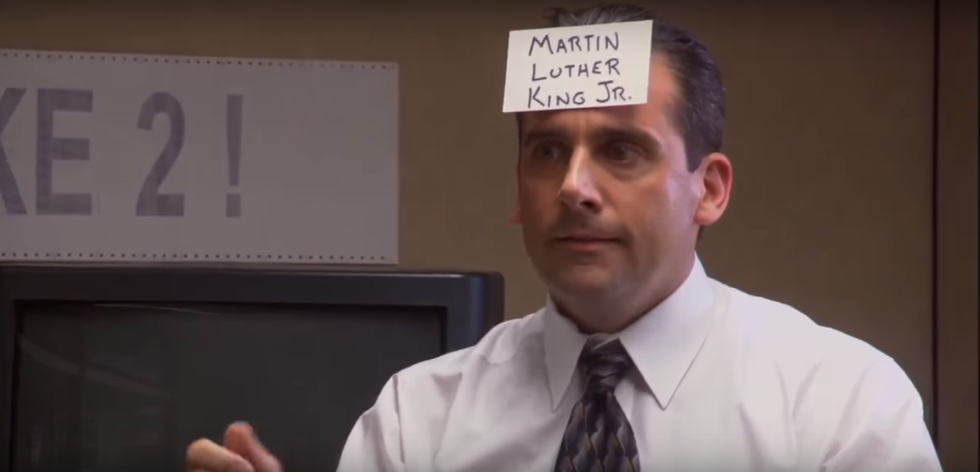

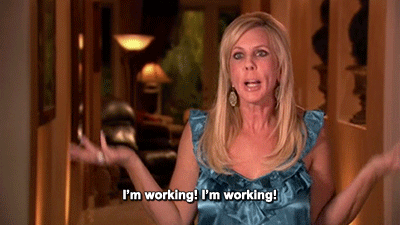




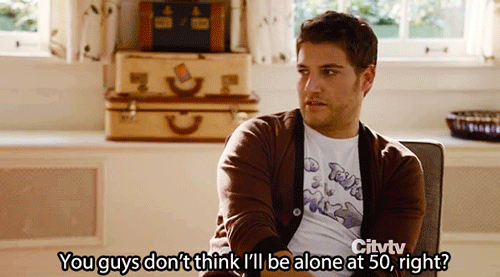
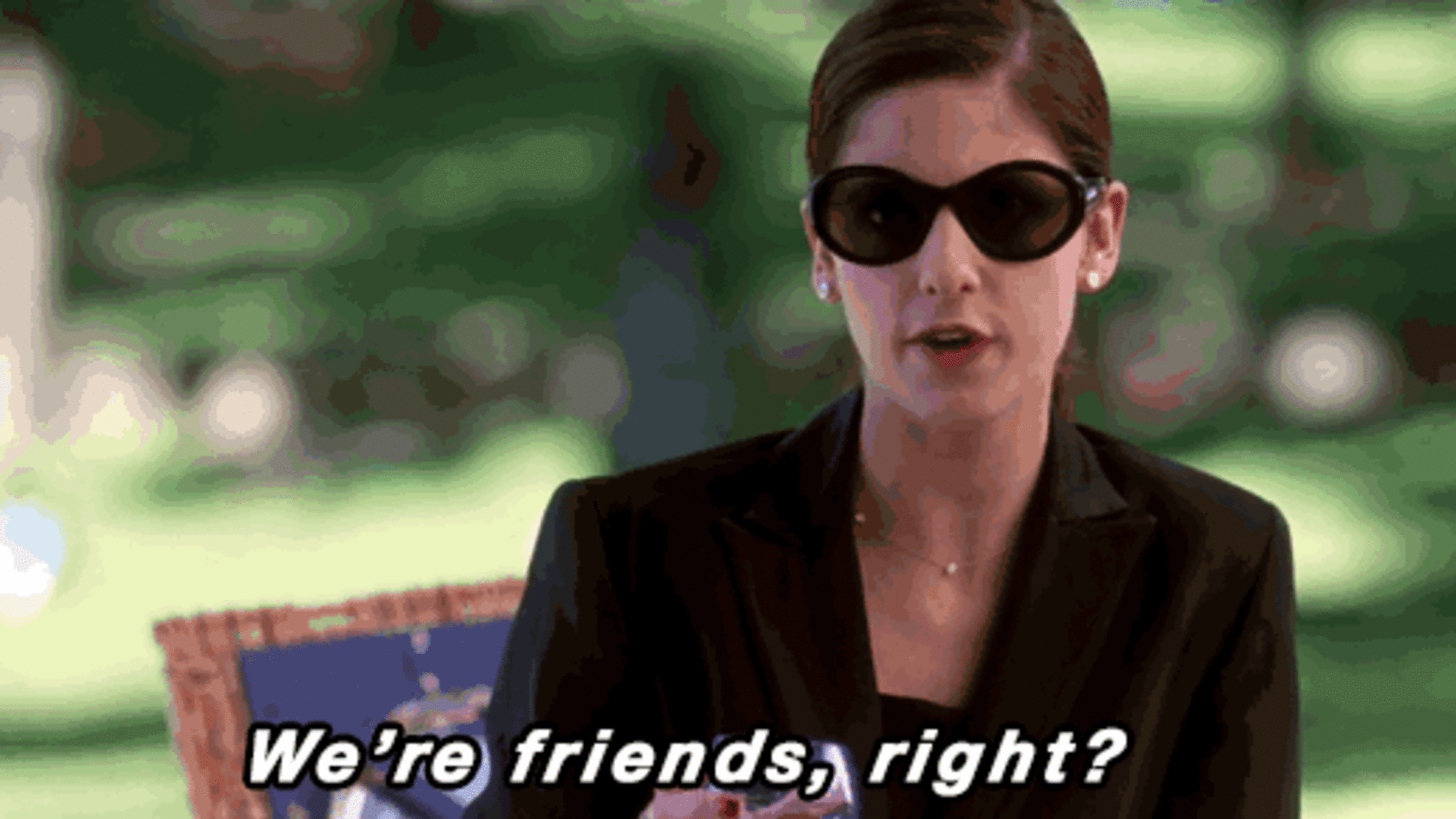


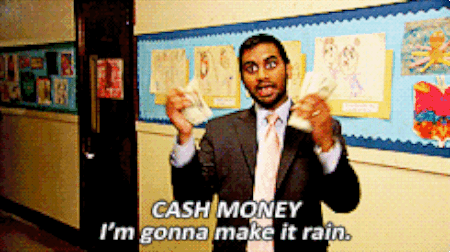
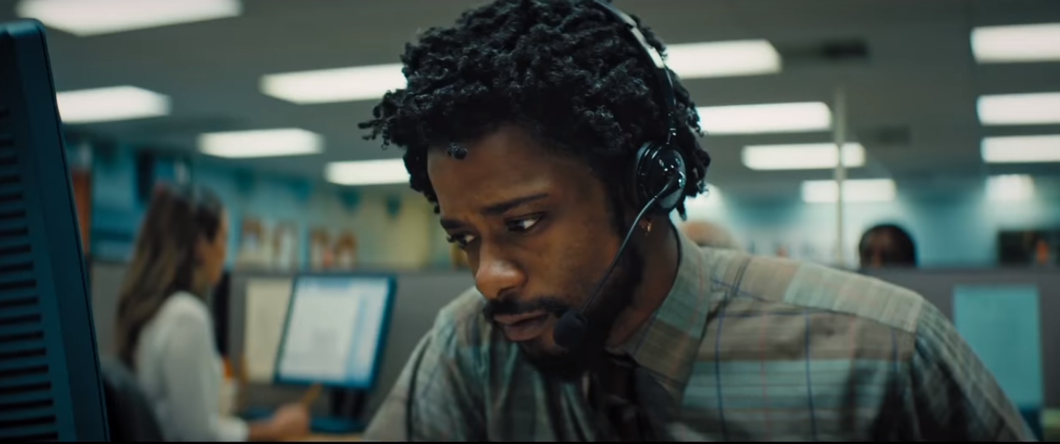





















The 1975 Uses Political Language And Societal Commentary To Draw Inspiration For Their Songs
Some of the lines are: "Selling melanin and then suffocate the black men/Start with misdemeanors and we'll make a business out of them."
When you first hear the words, "The 1975," you probably don't think of band, a year, definitely, but not a band. Well, prepare yourself, because you are about to be introduced to the best band of all time. I am a huge fan of the band, The 1975, and I am here to tell you why you should listen to them too.
The British-band consists of Matthew (Matty) Healy (vocals, guitar), George Daniel (drums), Adam Hann (guitar) and Ross MacDonald (Bass). So far, they've released two albums, the first one was self-titled, "The 1975." But the second one was a bit more lengthy with "I like it when you sleep, for you are so beautiful yet so unaware of it." But now, they have a third album coming out on November 30 called, "A Brief Inquiry into Online Relationships," and I've never been more excited. To make things even better, they're planning on releasing a fourth album in May called "Notes on a Conditional Form."
Trying to describe the sound of The 1975 is a little hard because they're a little bit of everything. They're techno, pop, indie rock, rock, alternative, indie pop, electropop, and the list goes on (but that's the whole point.) They're the type of band that you can't really categorize because they don't want to be categorized and they shouldn't be. While some of their songs are similar, they're also dramatically different. One song has a gospel choir in the background and another song mostly consists of relaxing sounds and minimal vocals. A few songs have insane guitar riffs, another is a ballad and one only has an acoustic guitar.
4 out of the 15 songs on their upcoming album have been released as singles in the following order: "Give Yourself a Try," Love It If We Made It," "TooTimeTooTimeTooTime," and "Sincerity Is Scary." Of these songs, "Love It If We Made It" and "Sincerity Is Scary" are my favorites. I love the political commentary in "Love It If We Made It," which I will get into later, and "Sincerity Is Scary" is one of those songs that you can sit down and listen to relax.
Two of the best things about The 1975 is their lyrics and the topics that they address. There are a lot of amazing songwriters out there, but I have to say, The 1975 is pretty hard to beat. Take their single "Love It If We Made it" for example. It's an extremely political and topical song and its lyrics are pretty in-your-face. Some of the lines are: "Selling melanin and then suffocate the black men/Start with misdemeanors and we'll make a business out of them."
Just these two lines are already full of political commentary.
Selling melanin could be a reference to the slave trade as African Americans have a lot of melanin in their skin, which gives them their skin tone, and suffocate the black men is a direct reference to Eric Garner, a black man who was suffocated while he was in a choke hold sustained by a police officer. The part about misdemeanors relates to the prison system in the United States and how a large percentage of inmates are African American who are in prison just for misdemeanors.
The band loves to comment on society, more specifically American society, and there's a handful of songs that are about drugs and/or addiction, something that the lead singer Matty lives with.
Something to note about each album they have is that there's always a song titled "The 1975." The songs have the same lyrics, but different styles. It's meant to give a little taste of what the album will sound like and highlight the differences between this album and the one before/after it. For example, the "the 1975" song in "i like it when you sleep, for you are so beautiful yet so unaware of it" includes some gospel singers in the background, more sounds that you can imagine might be found on an alien spaceship and crescendos to the end of the song, while in the first album, the song is more subdued and ends with a decrescendo.
The 1975 also has an interesting way of mixing sound. They'll overlay robotic sounds with a guitar riff or a prominent drum beat. In the song "Sincerity is Scary," they bring back the saxophone sound that was heard in the song "If I believe you" and instead of meshing it with a light doo-wop beat, they combine it with a piano and a soft drum. They'll always find a way to make two very different instruments work together in harmony.
A lot of people may not be into the sound that The 1975 has, specifically older generations as they might think it's annoying, but my mom really likes their music, so how bad can they be? If you're into a mix of songs and if you're always down for a groovy beat, I'd definitely recommend giving them a try.